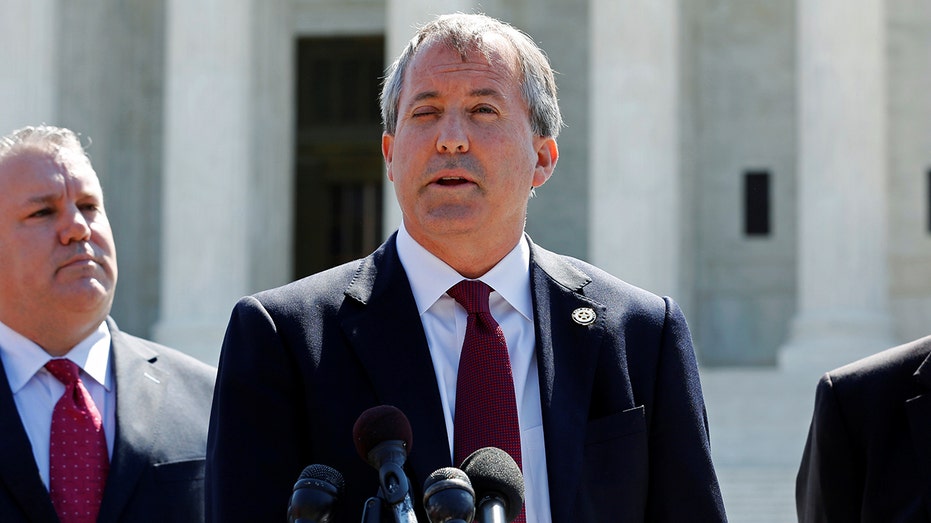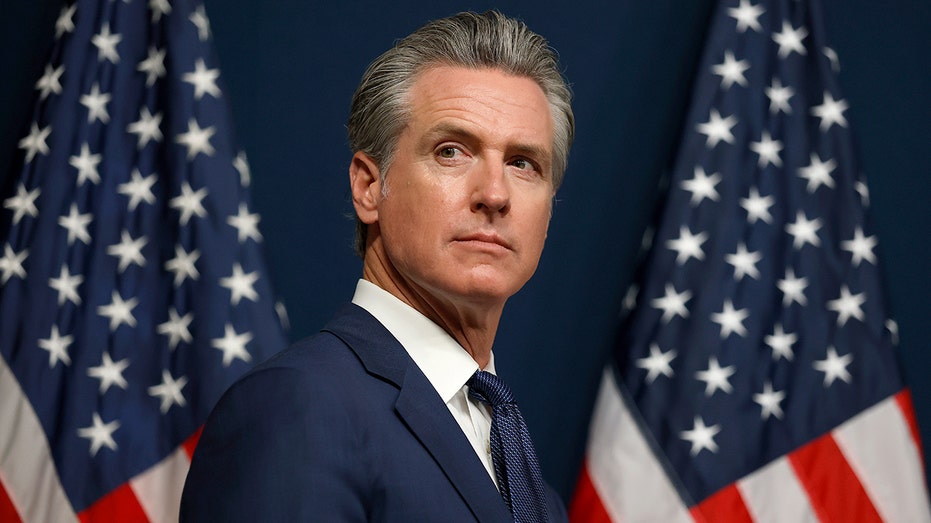For 42 days, the nation held its breath. A historic government shutdown, a paralyzing standoff in Congress, had stretched on, impacting millions and casting a shadow of uncertainty over the country. The weight of the impasse finally began to lift Wednesday evening as federal funding legislation passed the House, inching closer to ending the crisis.
The House floor erupted in a stark display of division. Cheers echoed from Republicans as the bill secured passage, while a silent exodus of Democrats spoke volumes about their discontent. The White House swiftly announced President Trump would sign the legislation into law before the night was over, a moment of resolution after weeks of deadlock.
The vote wasn’t a unified front. Six Democrats broke ranks, joining the vast majority of Republicans to reach the 222-209 margin needed for passage. These dissenting voices – Representatives Suozzi, Cuellar, Gray, Gluesenkamp Perez, and Davis – cast votes that defied party lines, highlighting the complex pressures at play.
At the heart of the Democratic opposition lay a deep frustration. They argued the bill ignored a looming healthcare crisis, failing to extend vital tax credits for those relying on the Affordable Care Act. Leader Hakeem Jeffries voiced the party’s concerns, condemning the bill as a failure to protect access to affordable healthcare for Americans.
Speaker Mike Johnson, however, expressed cautious optimism, declaring the “long national nightmare” would soon be over. He acknowledged the futility of the prolonged struggle, yet the path to resolution wasn’t without its internal challenges. A last-minute provision sparked outrage among some Republicans.
The controversial addition allowed senators potentially impacted by a special counsel’s investigation to pursue legal action against the government, with a potential payout of $500,000 each. Concerns flared, but ultimately, the threat of a continued shutdown proved a stronger deterrent for most. Speaker Johnson pledged a separate vote to repeal the provision next week.
The shutdown’s impact had become increasingly severe. Air traffic controllers and TSA agents, working without pay, were forced to take on second jobs, contributing to flight delays and cancellations across the nation. Millions of Americans, dependent on federal benefits, faced growing uncertainty as critical programs teetered on the brink of depletion.
The core disagreement centered on the Democrats’ insistence on extending the Affordable Care Act subsidies. They saw it as a crucial step to prevent healthcare price hikes, while Republicans remained steadfast in their refusal to link partisan priorities to essential funding. A compromise emerged from the Senate, promising a vote on the subsidies in December, but the guarantee felt fragile to many in the House.
Progressive lawmakers and Democratic leaders expressed skepticism, viewing the promise of a future vote as hollow. Representative Shomari Figures likened it to a flawed decision-making process, questioning the sincerity of the Republican offer. The sentiment underscored a deep distrust and a sense of unfulfilled promises.
Republicans, conversely, criticized Democrats for prolonging the shutdown over what they deemed a minimal gain. Chairman August Pfluger argued the Democrats achieved “absolutely nothing” except inflicting hardship on American families. The blame game intensified as the crisis neared its end.
The current agreement merely postpones the larger fiscal battle to January 30th, giving House GOP leaders time to craft a longer-term funding deal for fiscal year 2026. Funding for the Departments of Agriculture, the legislative branch, and Veterans Affairs is secured for the full year, offering a small measure of stability.
Nine appropriations bills remain, and lawmakers face a daunting task to complete them in the coming weeks. The pressure is on to avoid another shutdown, but the underlying divisions and distrust suggest the road ahead will be fraught with challenges. The nation watches, hoping for a lasting resolution to the ongoing fiscal uncertainty.






